When you’re growing up as a sports enthusiast, it rarely occurs to you that anything worse will happen than a missed penalty, dropped catch, torn hamstring or something else that isn’t a matter of life and death.
Tragedy very rarely intrudes on international competition, but that just made its impact on the Munich Olympics 50 years ago seem all the more shocking.
What began as “Die Heiteren Spiele”, the “cheerful Games”, when the flame was lit on August 26 1972, was soon overshadowed by the worst terrorist atrocity in the event’s history; an act of barbarism which went against everything which the festival was meant to represent.
As a child of the 70s, I had already watched Scotland being overwhelmed by grief following the Ibrox Disaster the previous January when 66 football fans never came home from the Old Firm match after a catastrophic crush among the crowd at the denouement of the contest. No TV highlights were broadcast that night, which seemed an appropriate response to the death toll which mounted as the evening advanced.
However, that was the consequence of structural problems in a stairway of the stadium, which precipitated the ghastly scenes at the Glasgow arena as the emergency services dealt with hundreds of injured supporters. It was a terrible accident, something which, albeit briefly, brought those in Scottish football together in mourning.
There was nothing accidental about what occurred in Munich when, just before dawn on September 5, eight members of the Palestinian Black September organisation broke into the Olympic Village and took eleven Israeli athletes, coaches and officials hostage.
Security was very lax in Munich
Two of the latter who resisted were killed in the first moments, as the prelude to the subsequent stand-off in the Olympic Village lasting for almost 18 hours. My father, normally a fellow inclined to the stiff upper lip, shed a few tears as the drama continued and, although this was long before the advent of rolling news channels and social media, it was as if everything paused and the world ground to a juddering halt.
Later, on the day of the atrocity, the terrorists and their nine remaining hostages were eventually transferred by helicopter to the military airport of Furstenfeldbruck, ostensibly to board a plane en route to an undetermined Arab country.
But although the German authorities had organised plans to ambush them there and limit the number of casualties, they had fatally underestimated the strength of their adversaries and, thereafter, almost everything that could go wrong did go wrong.
During a botched rescue attempt, all the Israeli hostages were killed. Four of them were shot, then incinerated when one of the terrorists detonated a grenade inside the helicopter in which they were sitting. The five remaining captives were subsequently murdered with a machine gun. It was hideous, senseless slaughter.
Yet, as events unfolded, we didn’t get a proper perspective on what was happening. The early news reports, which were published all over the world, indicated that the hostages had survived and the Black September group had been eliminated. It was only at that stage that an IOC representative suggested these “initial reports were overly optimistic.”
Eventually, of course, his latter remarks were confirmed.
Jim McKay, the experienced journalist who was covering the Olympics for the American Broadcasting Company, was among those who received the news they had dreaded at 3.24am on September 6.
Nobody could make sense of it
He told his audience: “We just got the final word….you know, when I was a kid, my father used to say: ‘Our greatest hopes and our worst fears are seldom realised.’
“But our worst fears have been realised tonight. They have now said that there were eleven hostages. Two were killed in their rooms yesterday morning and nine were killed at the airport tonight. They’re all gone.”
Even now, it seems incredible the Games continued and, although the competition was suspended for 34 hours, for the first time in modern Olympic history, the facile and offensive argument by the outgoing IOC president Avery Brundage that: “the show must go on” was swiftly condemned by myriad athletes and the wider community.
No less than 17 people had died. Precious few athletes wanted to hang around in the aftermath, even as funerals were being organised and a veil of tears hung over their heads.
Following the memorial service, the Israeli team withdrew from the Games, while Jewish sports stars were placed under guard.
One of those, Mark Spitz, the American swimming record-breaker who had already completed his events and won seven gold medals, couldn’t make sense of the IOC’s various statements. He wasn’t alone.
American marathon runner Kenny Moore, who wrote about the incident for Sports Illustrated, quoted Dutch runner Jos Hermens: “It’s quite simple. We were invited to a party, and if someone comes to the party and shoots people, how can you stay?”
Dutch sprinter Wilma van Gool had qualified for the semi-finals of the 200m and was among the favourites for a medal. But she withdrew from the competition and declared she was leaving in protest at the “obscene” decision to continue with the schedule.
It’s a cliche to describe this incident as the end of the innocence of the Olympics. After all, Adolf Hitler had shamelessly used the 1936 pageant in Berlin as a propaganda vehicle for the Nazis: an ambition which was gloriously dented by the heroics of Jesse Owens, who struck a blow for Black Power long before it became the focus of the 1968 Games.
But all of us who watched that unfolding nightmare have never forgotten it. And even half a century later, the intrusion of terrorist violence on sport still shivers the blood.
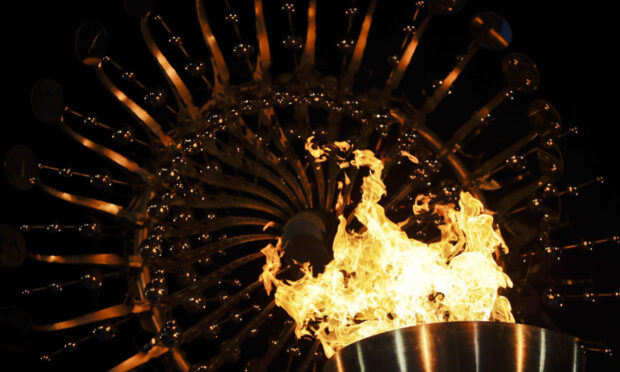
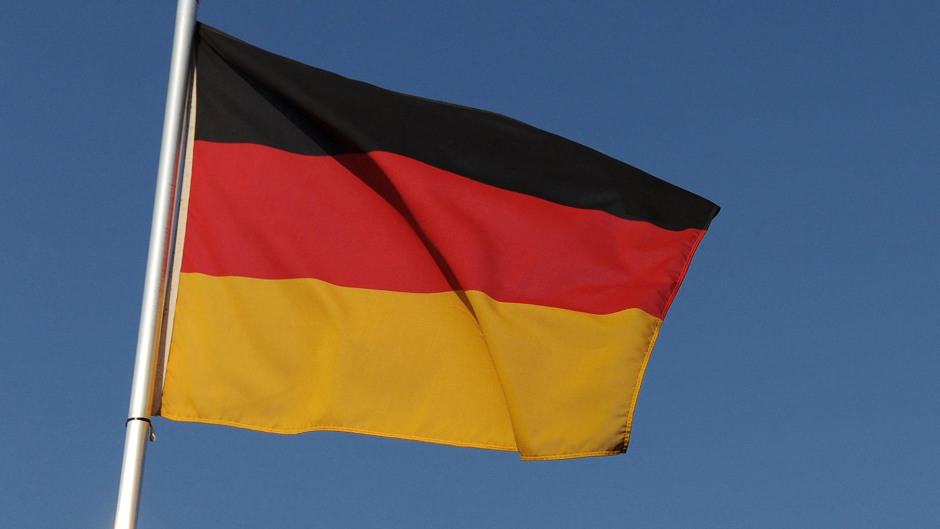
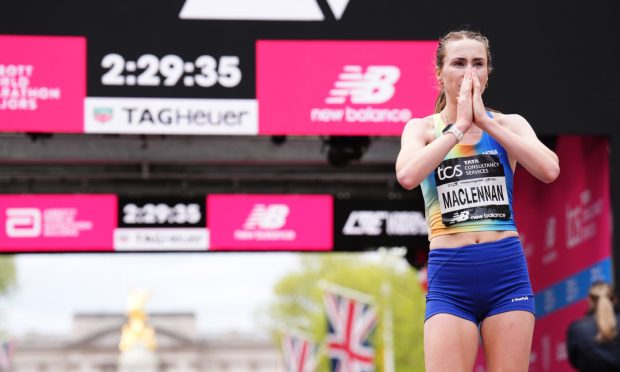



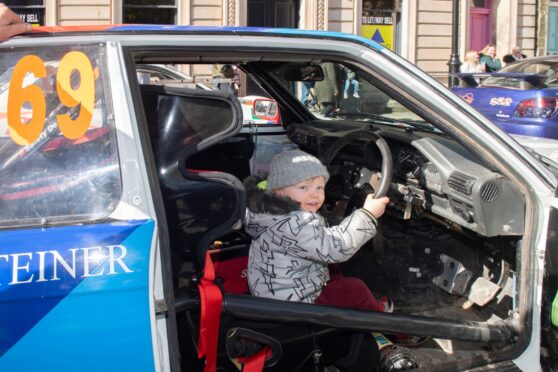

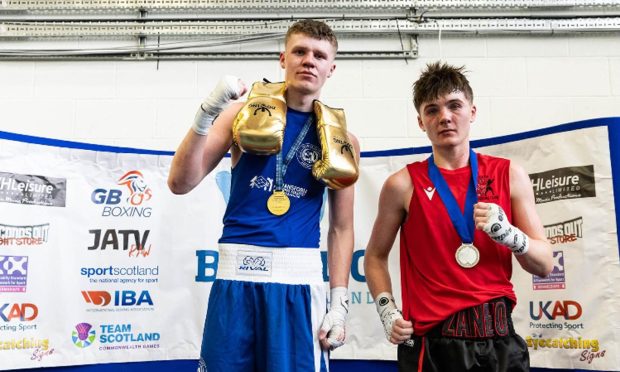

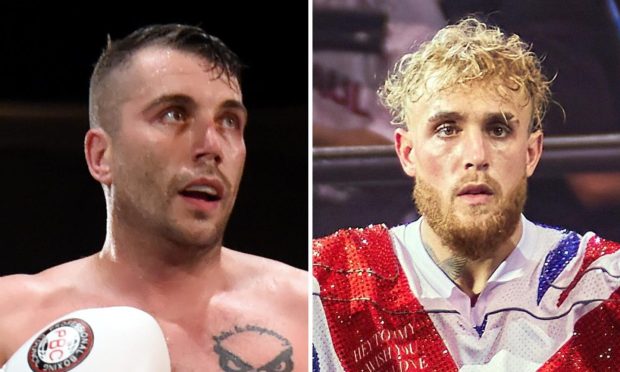

Conversation